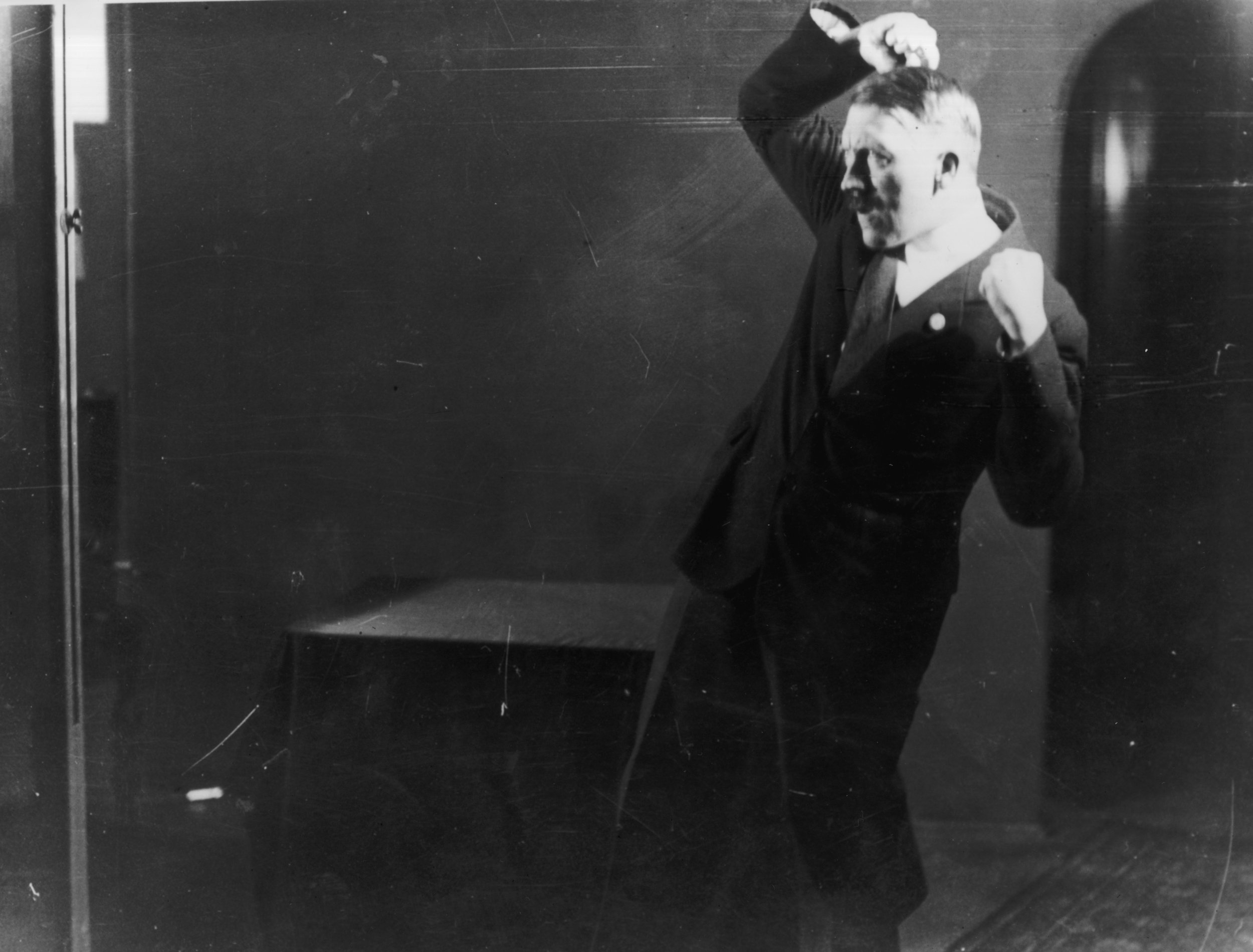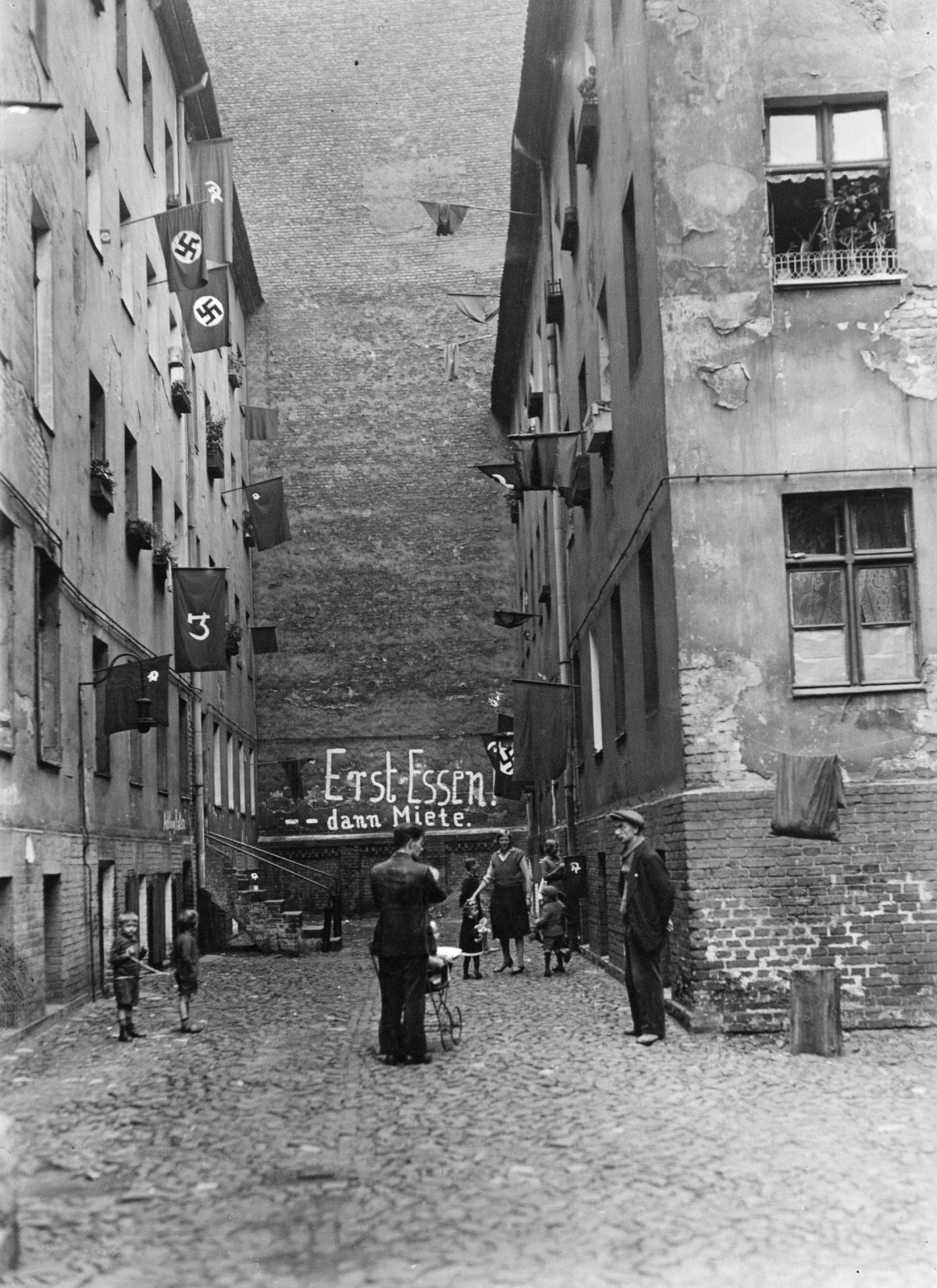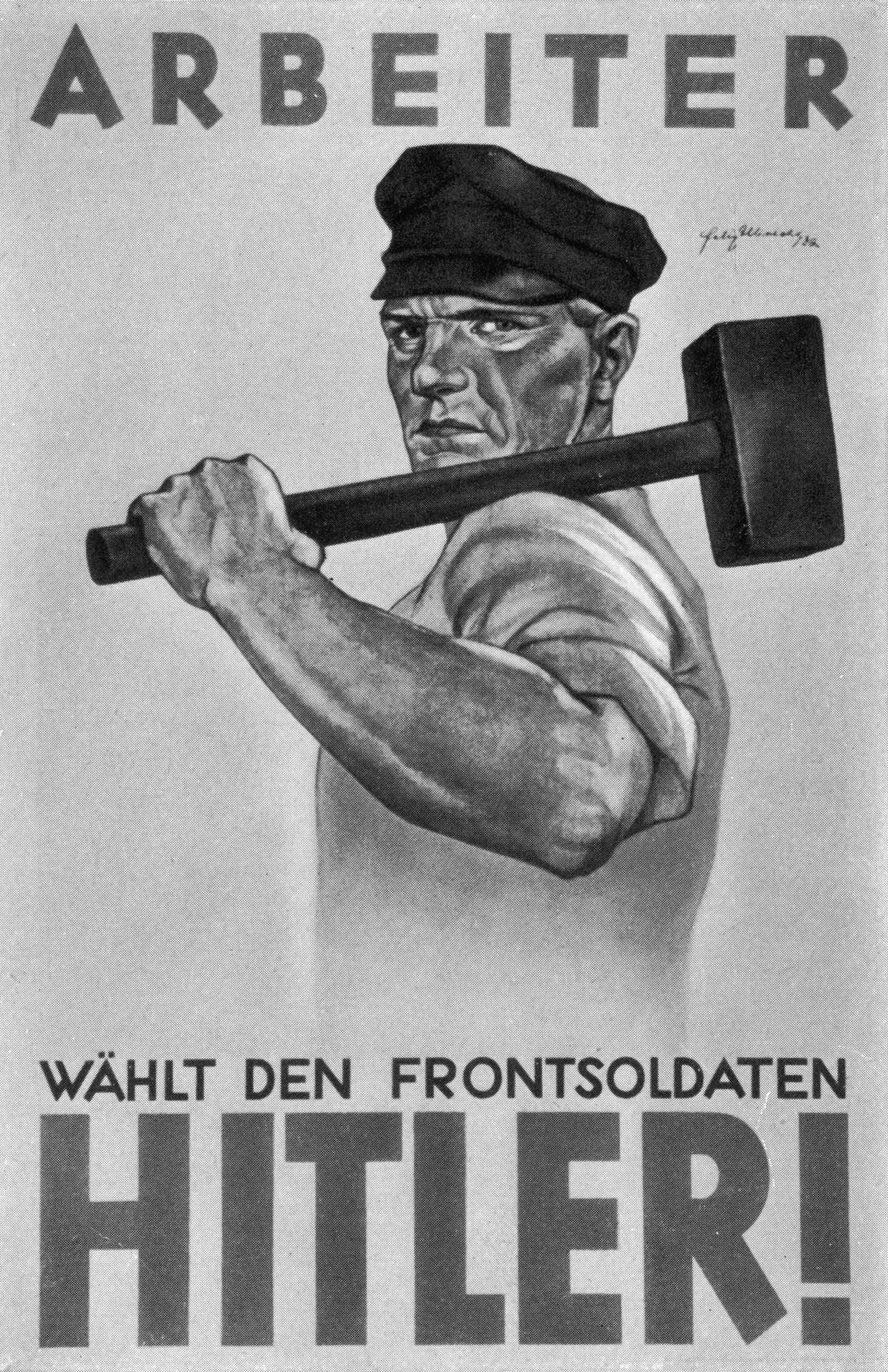
A group of economic historians has found that austerity was at least partially responsible for the rise of the Nazi party in 1930s Germany. The warning comes as House Majority Leader Paul Ryan looks to cut welfare programs like Social Security and Medicare in 2018.
A study released this week by the National Bureau of Economic Research showed that spending cuts and tax increases contributed to voters' support for the Nazi party between 1930 and 1933, especially among middle- and upper-class Germans. The study also found that those who were unemployed or low-income were more likely to support Communist Party candidates over Nazi Party candidates.

"My work is largely inspired by current events," said Christopher M. Meissner, one of the paper's authors and an economics professor at University of California Davis. "We're currently seeing the repercussions of a global financial crisis in several countries coupled with a real unwillingness to engage in expansionary fiscal policy plus increasing polarization and political extremism, which is akin to what was happening in Germany in the 1930s."
According to Meissner's research, the coalition that allowed a Nazi majority to take control of Germany in March of 1933 would not have been able to form if the country's fiscal policy had been more stimulative.
The U.S. is clearly in a significantly different situation than Weimar Germany was—there are no reparations from the Treaty of Versailles to pay and there is no current economic downturn or severe austerity measures. Still, polarizing and extreme political rhetoric abounds and stimulative regulation leaves much to be wanted, according to the study.

The U.S. response to the financial crisis in 2008 was subpar, said Meissner. "It wasn't fully expansionary and might have contributed to some dissatisfaction in the electorate," he said. "Margins matter here. I think the recovery has been weaker than it should have been and that's no doubt contributed to economic drama and social trauma."
In the wake of economic recovery from World War I and The Great Depression, Germans believed that legislation wasn't fair, and favored some over others economically, the study found. This disparity propelled some Germans to believe an extreme political change was needed. "Germany today is in the grips of the most powerful deflation that any nation has experienced … many people in Germany have nothing to look forward to—nothing except a 'change', something wholly vague and wholly undefined, but a change," cautioned British economist John Maynard Keynes in 1932.
While some historians argue that Nazis wouldn't have been able to come to power if there weren't an already deeply-rooted anti-Semitism in the German people, others call the Nazi regime an "accommodating dictatorship," that promised prosperity to those who went along with their anti-Jewish regime. "Antisemitism was a necessary precondition for the Nazi attack on European Jews, it was not a sufficient one," wrote the historian Götz Aly. "The material interests of millions of individuals first had to be brought together with anti-Semitic ideology before the great crime we now know as the Holocaust could take on its genocidal momentum."

Germany was in a period of extreme polarization, both financial and political in nature when the Nazis came to power. "The youth and the long-term unemployed" were "driven by desperation and impatience; they could not be approached with some sort of 'long-term perspective,' they wanted jobs and bread, here and now," said German sociologist Arno Klönne. The Nazi Party promised "immediate measures to remedy their desperate situation."
Meissner argued that the United States is also seeing higher-than-usual levels of polarization and that while they're not anywhere near where they were in the 1930s, they're becoming more extreme. According to a recent Pew poll, 45 percent of Republicans and 41 percent of Democrats think the other party is so dangerous that it is a threat to the health of the nation.
"Those who are used to straight and narrow compromise and middle-of-the-road policies based on both parties working together are going to be disappointed," he said. "We're drifting into new territory." He also worries about the anti-immigrant currently rhetoric popular in the U.S. and abroad.
Still, there are lessons the U.S. can learn and mistakes we can avoid by learning from 1930s Germany: America must have a participatory democracy where all interests are well-represented, said Meissner.
Uncommon Knowledge
Newsweek is committed to challenging conventional wisdom and finding connections in the search for common ground.
Newsweek is committed to challenging conventional wisdom and finding connections in the search for common ground.
About the writer
Nicole Goodkind is a political reporter with a focus on Congress. She previously worked as a reporter for Yahoo Finance, ... Read more
To read how Newsweek uses AI as a newsroom tool, Click here.








